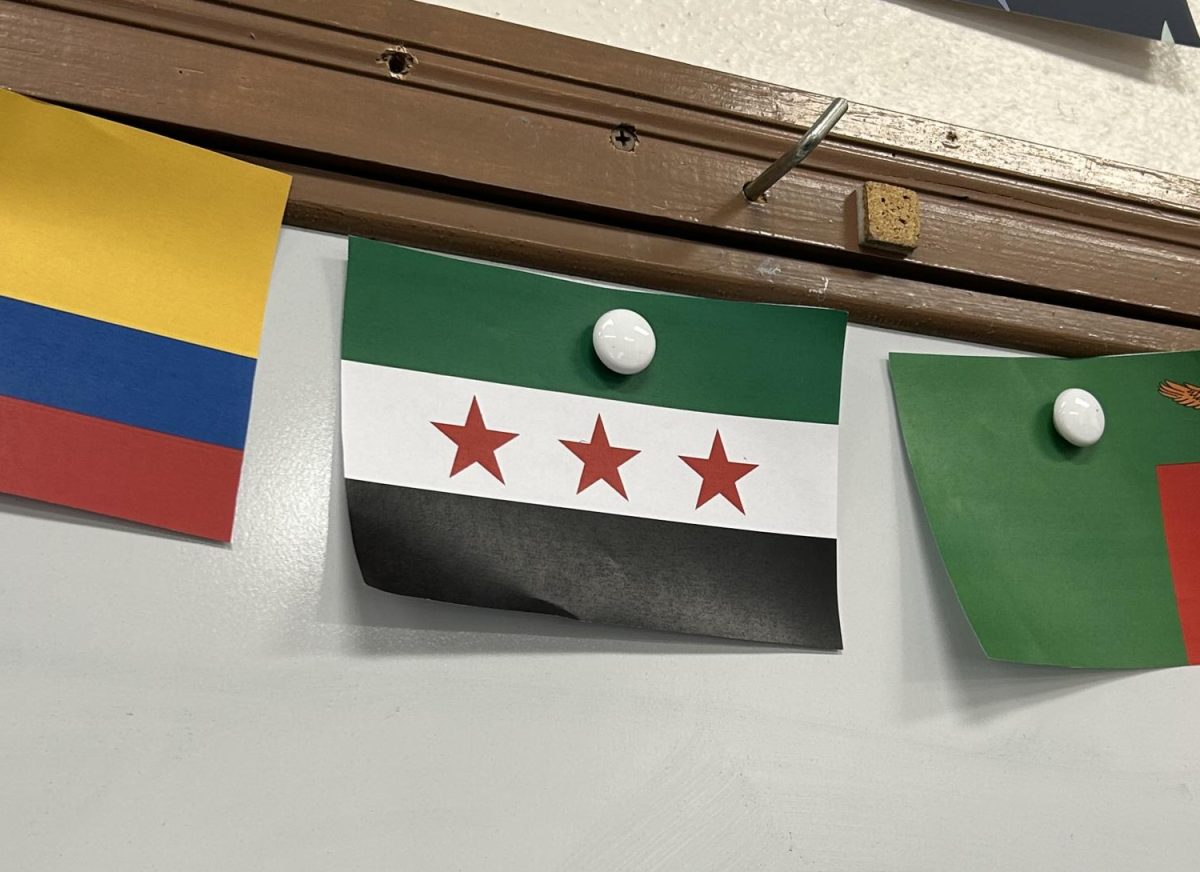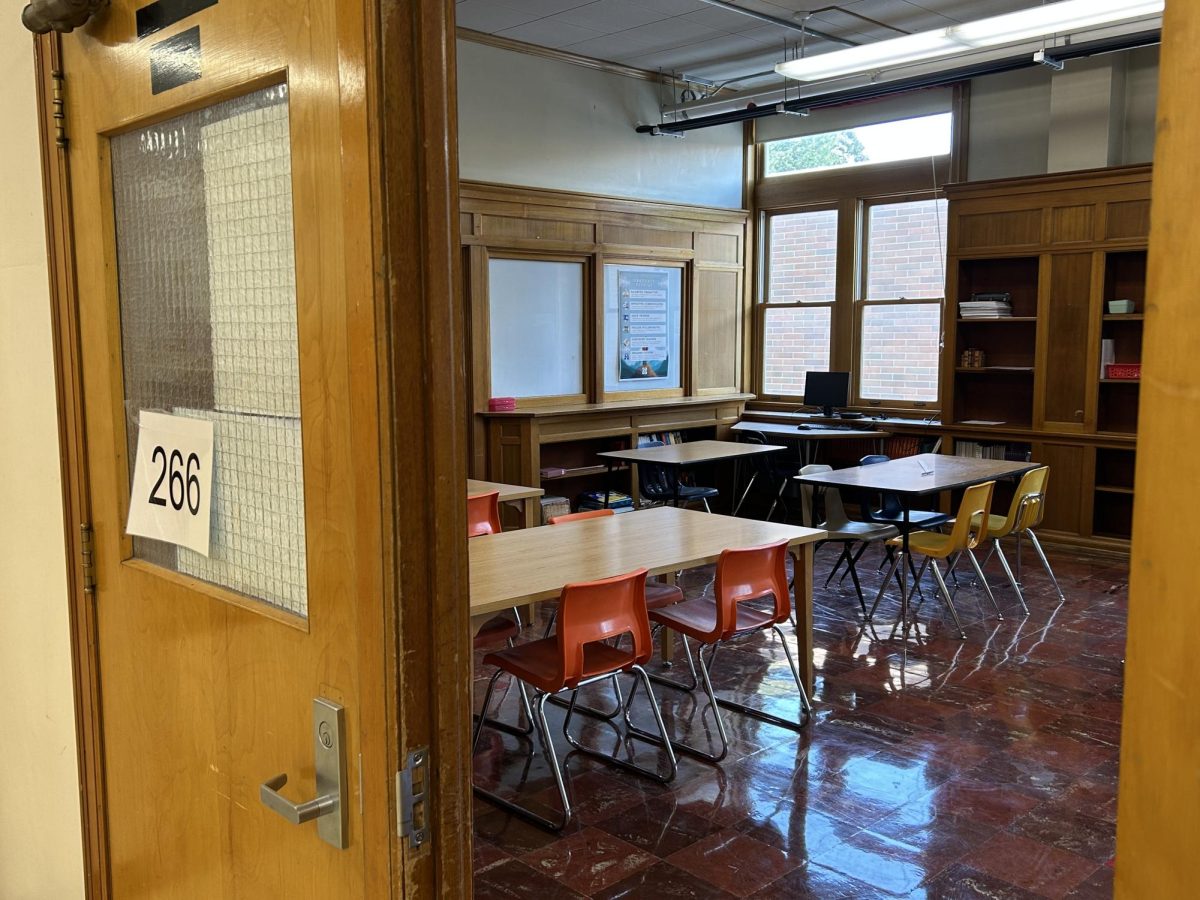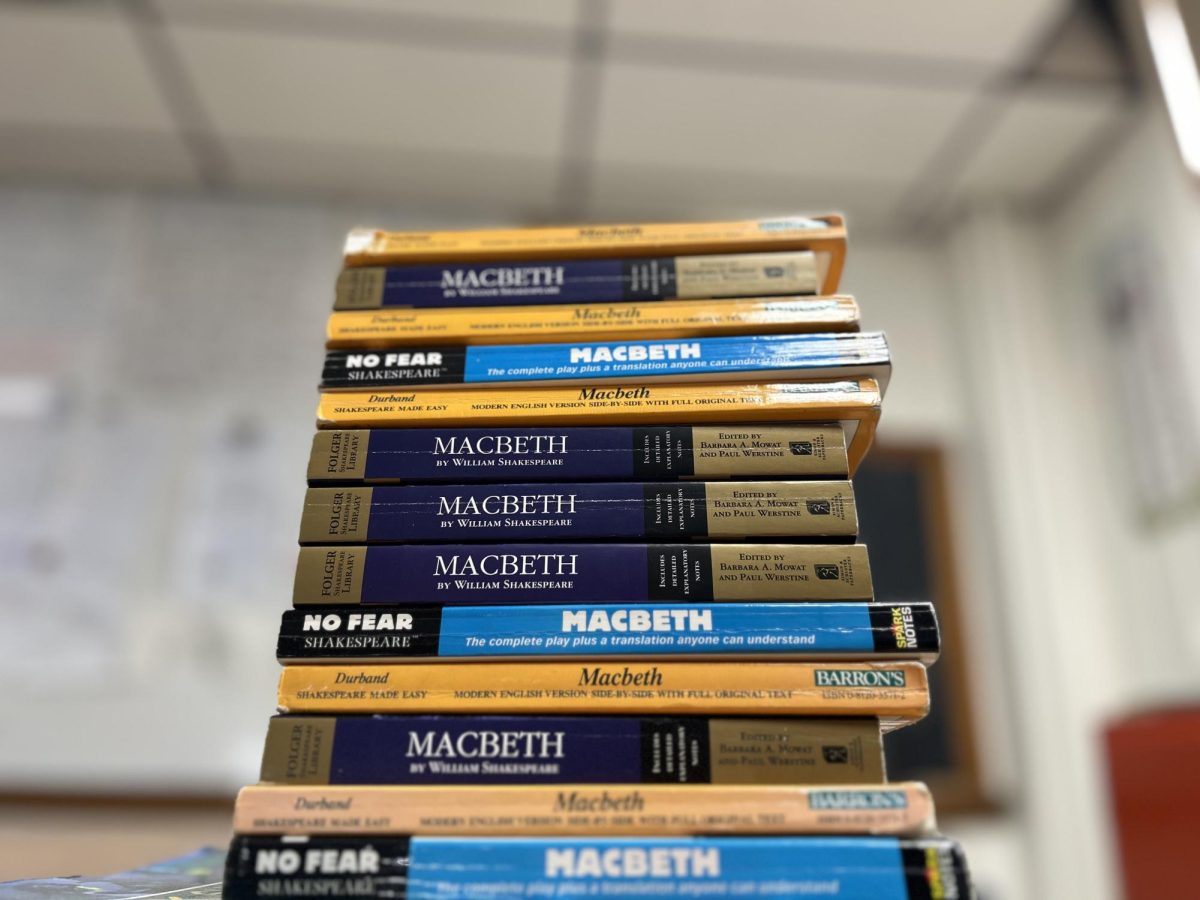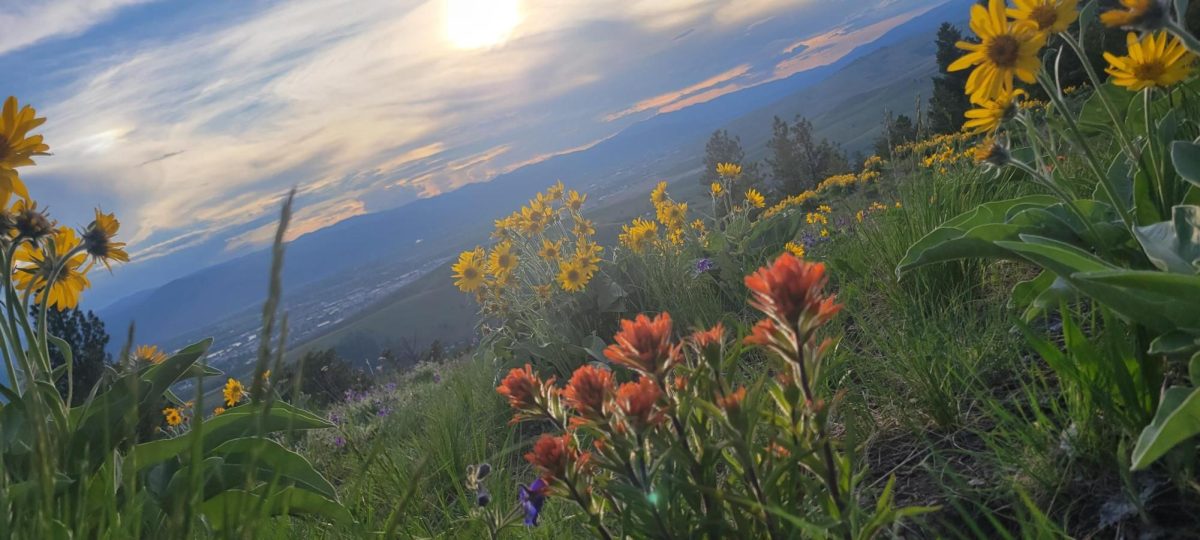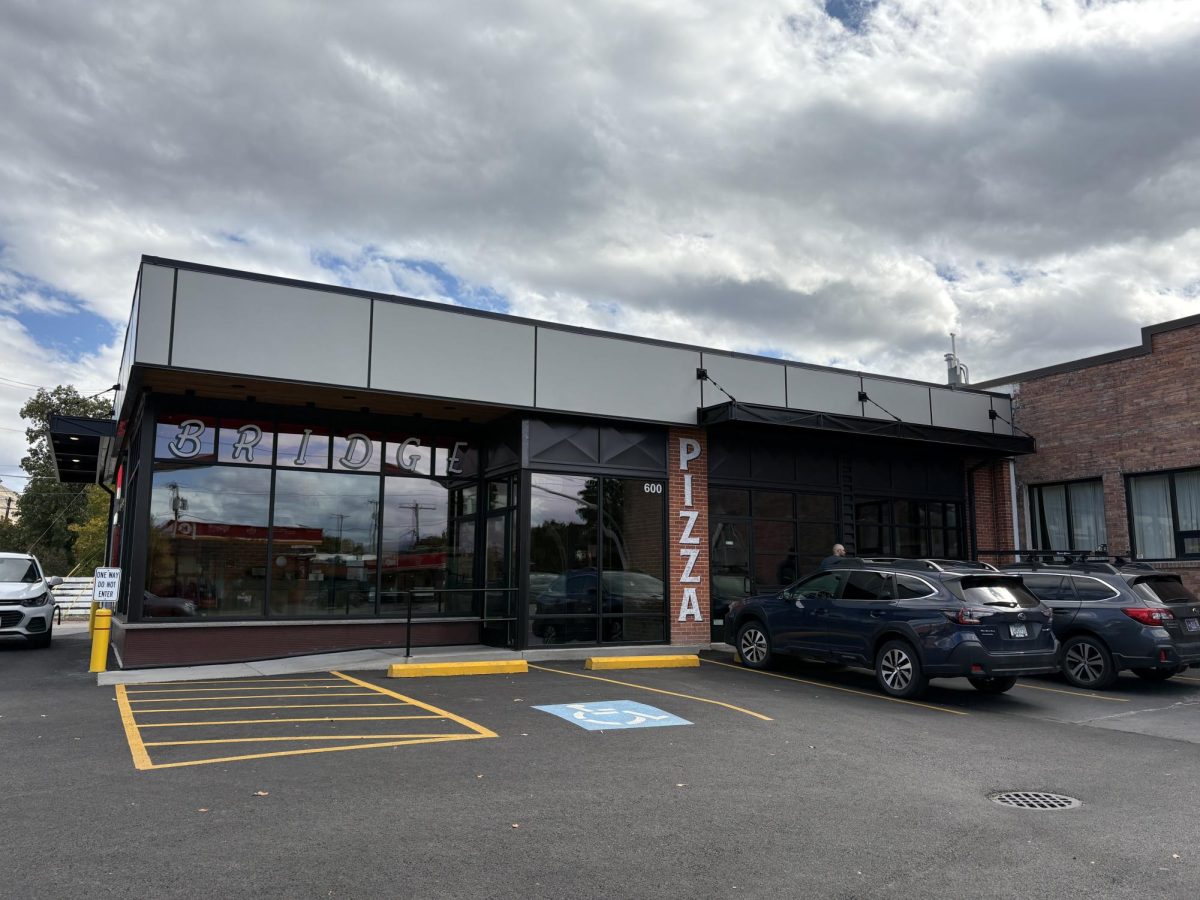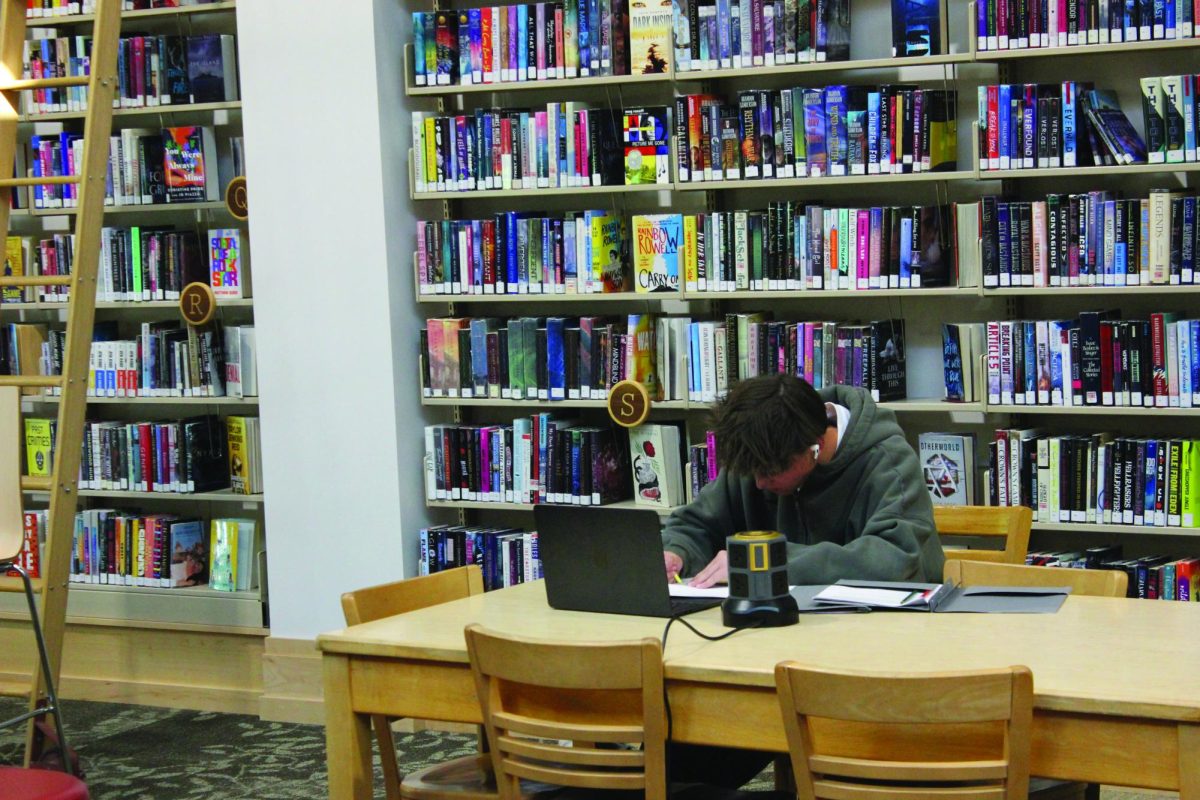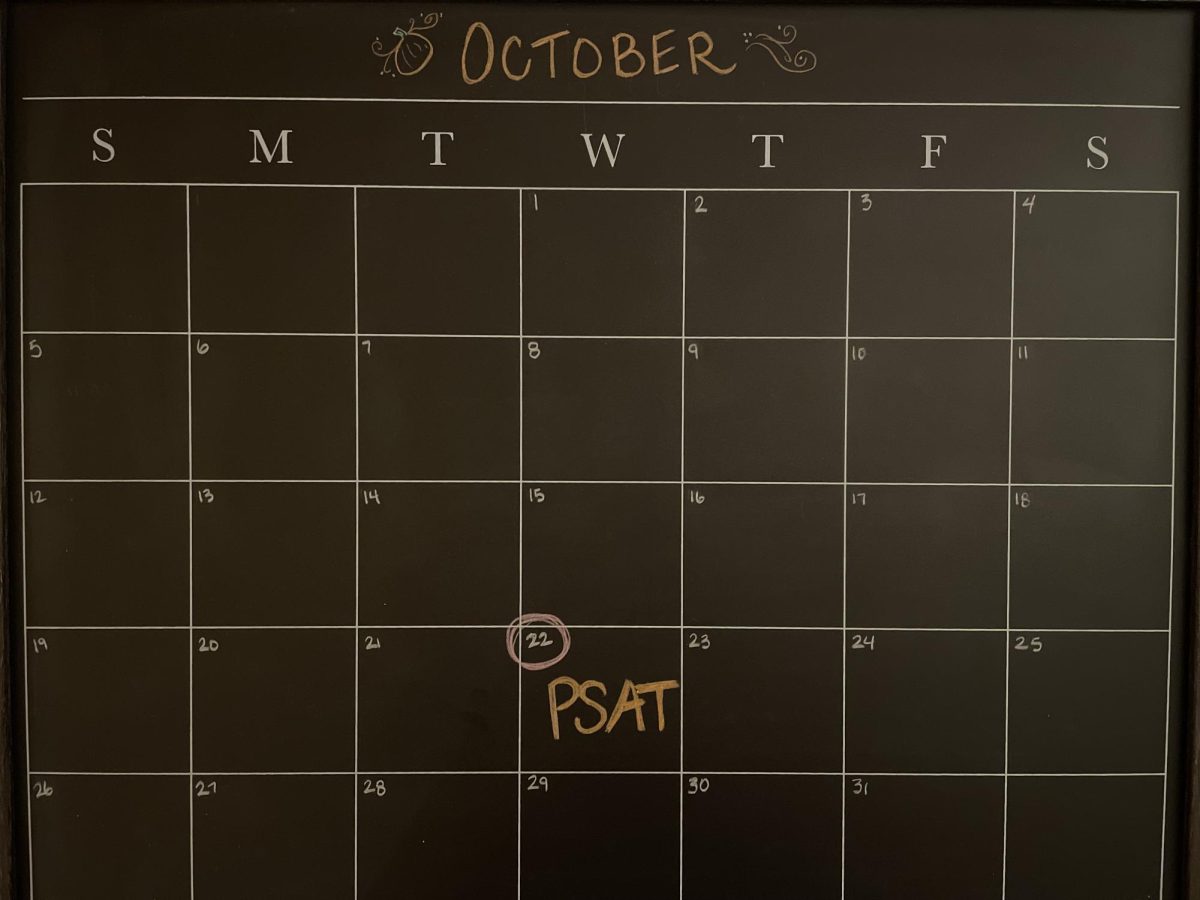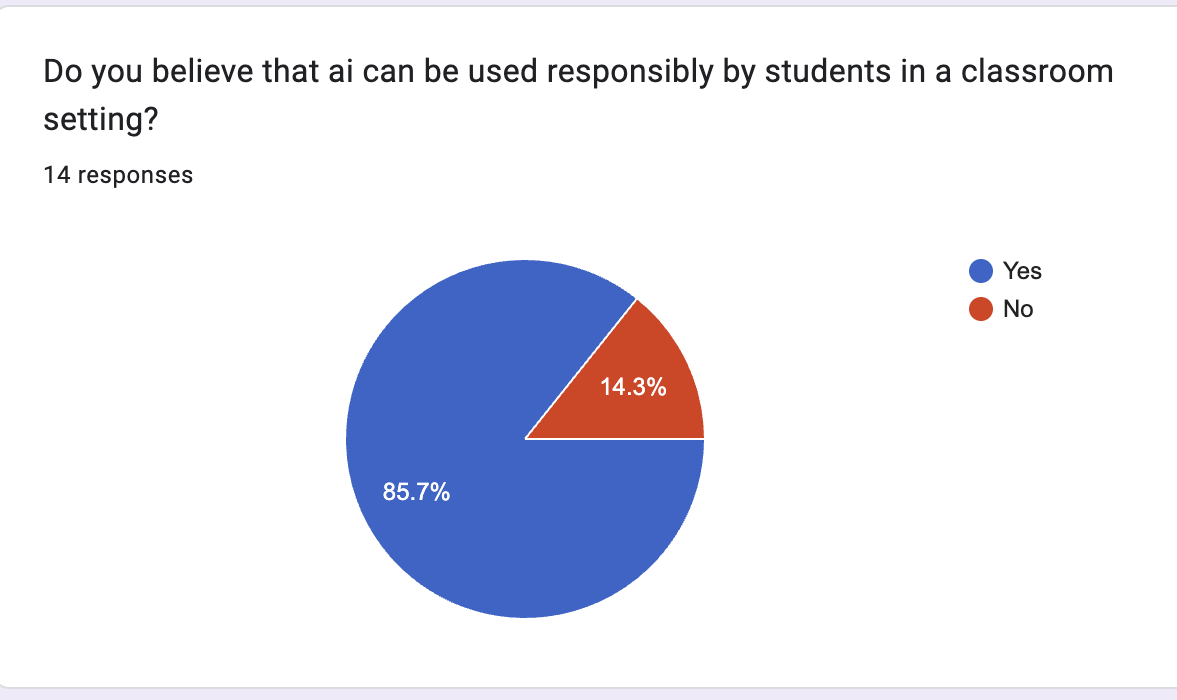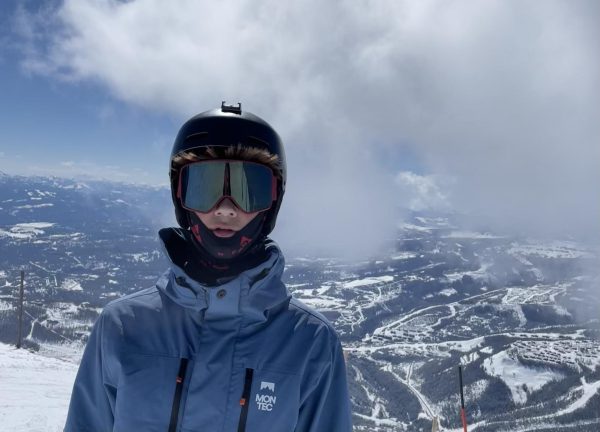Bashar al-Assad, the President of Syria who led a brutal and unforgiving regime responsible for the poverty and suffering of millions of Syrians during the majority of his 24-year term, has fallen. The former president was evacuated to Moscow from a Russian airbase early Dec. 8. The fall of the al-Assad regime is the culmination of 13 years of civil war in Syria.
Hellgate senior Nour Alhuda Khaled Albuni and Hellgate sophomore Khadija Alkhalil, two of the Syrian students who attend Hellgate, both participated in a celebration at Fort Missoula the day after the al-Assad regime’s fall. Participants, both Syrian and not, waved Syrian flags, sung, and danced to celebrate the freedom of their friends and family back in Syria and the potential end to years of violence, oppression, and suffering.
“Bashar al-Assad was not a good president,” said Albuni. Albuni was forced to leave her home outside of Damascus in 2013 after the area was chemically bombed. Both her mother and brother suffered health effects from the bombing, and her father made the choice to leave shortly after.
Al-Assad was guilty of many horrendous crimes over the course of his reign. His cabinet often accepted and engaged in bribery, many Syrians lived in a constant state of hunger and fear, hundreds of thousands of men, women, and children were unfairly arrested, and violence was ever present. But what stands out were his notorious detention facilities, most notably Saydnaya Prison.
Alkhalil described Saydnaya as “a place where people are buried alive.” Albuni described it as “a human slaughterhouse.” At the height of its power in 2018, the al-Assad regime sent hundreds of thousands of innocent Syrians, including Albuni’s uncle, to the prison to be tortured, beaten, starved, and even executed en masse. Albuni’s uncle died in prison in 2019.
Saydnaya is just a singular testament to the brutality and cruelty of the al-Assad government towards the Syrian people. “Torture prisons” similar to this one can be found all across the country, where innocent Syrian citizens were imprisoned randomly and unfairly.
“After the liberation of Syria, [rebels] discovered underground floors for detainees,” said Alkhalil. Many were broken open by civilians wielding pickaxes and jackhammers, but a top secret section of the prison, the “Red Wing”, is rumored to be three stories underground and is yet to be discovered, according to the New York Times.
There is a strong possibility that prisoners are still alive and trapped in this underground system of cells, and a staggering number of families across the country are unsure if their previously imprisoned loved ones are alive or not.
Now that al-Assad is no longer in power, the victorious Syrian rebels face a new challenge: running the country. This issue is made more complicated by Israel’s hundreds of intense and immediate airstrikes on Syrian weapons following the rebels victory. The Israeli Defense Force justified these attacks through statements saying they didn’t want the weapons to fall into the hands of “extremists,” according to CBS News.
When asked how she felt about the former president’s fall from power, Albuni was enthusiastic. “Oh my god, I’m so happy. Now it’s Syria for us, not for him.”

